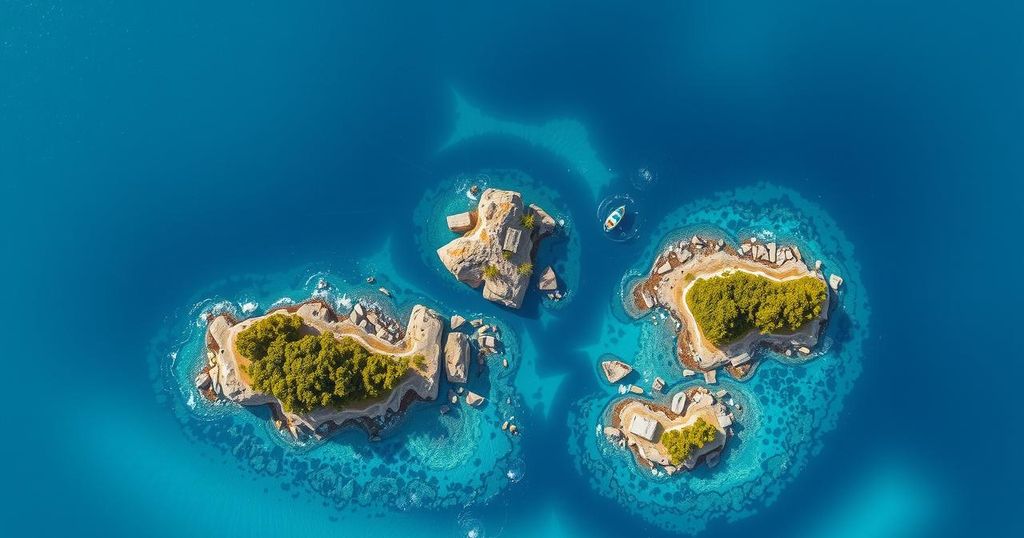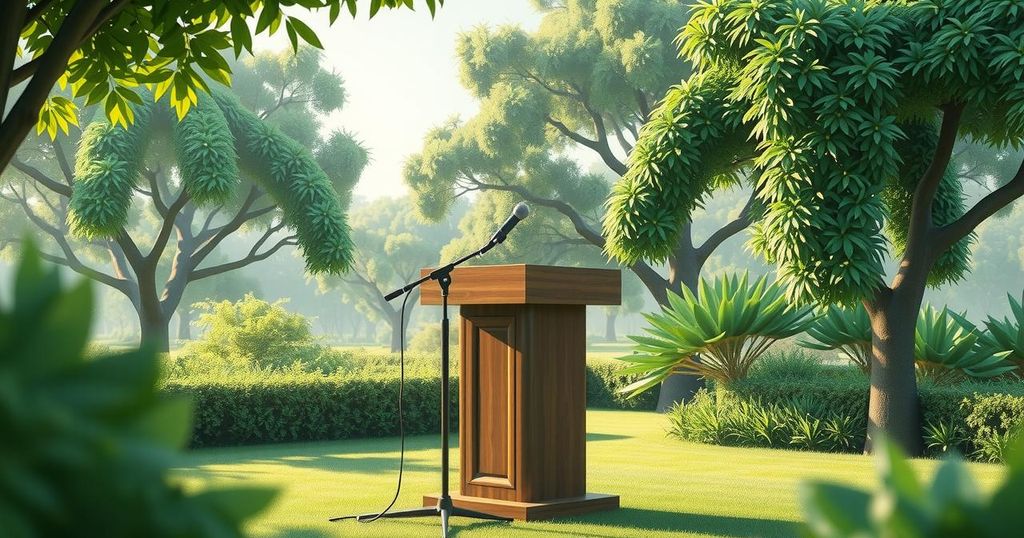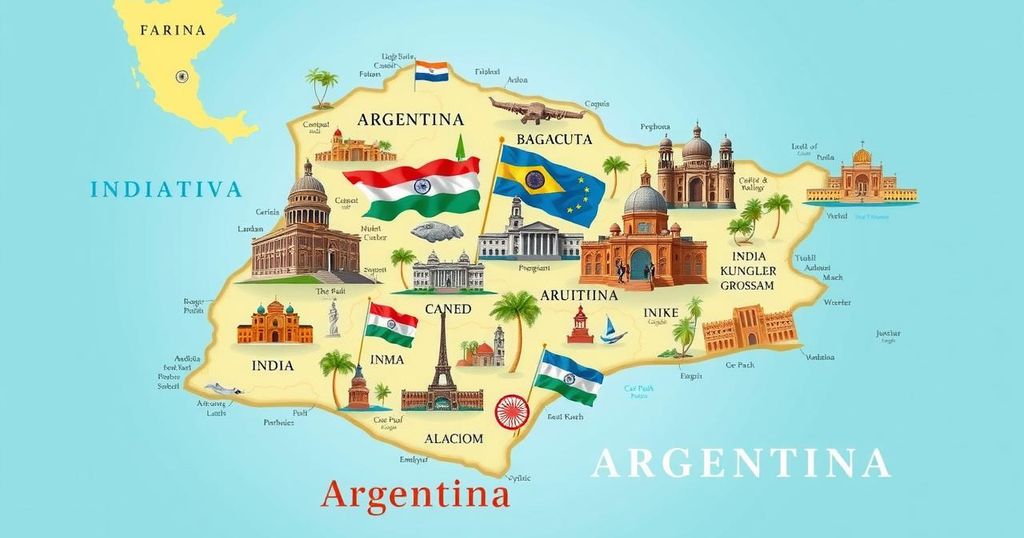Politics
AFRICA, COCOTEROS, CONSTITUTIONAL COURT, CORRUPTION, DEMOCRACY, DOMINGO MBA ESONO, EQUATORIAL GUINEA, GABON, HUMAN RIGHTS, ICJ, INTERNATIONAL COURT OF JUSTICE, KINGDOM OF SPAIN, MARIE - MADELEINE MBORANTSUO, MINES AND, PHILIPPE SANDS, REPUBLIC OF EQUATORIAL GUINEA, WORLD COURT
Marcus Li
0 Comments
ICJ Rules in Favor of Equatorial Guinea in Islands Dispute with Gabon
The ICJ has ruled that the islands of Mbanie, Conga, and Cocoteros belong to Equatorial Guinea, resolving a long-standing dispute with Gabon. Gabon’s claims were based on the Bata Convention, which Equatorial Guinea disputed as unsubstantiated. The ICJ relied on an earlier treaty from 1900 that recognized Spanish sovereignty over the islands, then transferred to Equatorial Guinea upon its independence in 1968.
The International Court of Justice (ICJ) has ruled favorably for Equatorial Guinea in a long-standing territorial dispute with Gabon, specifically over three small islands—Mbanie, Conga, and Cocoteros—located in the Gulf of Guinea. The court’s decision, announced on a Monday, claims that these islands rightfully belong to Equatorial Guinea, which has sparked considerable debate between the neighboring countries.
Historically, Gabon has maintained control over these islands since a military takeover in 1972, when its forces expelled Equatorial Guinean soldiers from Mbanie. Gabon’s argument centers around a purported treaty, the Bata Convention, claimed to establish Gabon’s sovereignty over the islands, which Gabon asserts is rooted in a 1974 agreement. Marie-Madeleine Mborantsuo, Gabon’s Constitutional Court honorary president, stated that this treaty resolved all issues related to island sovereignty.
Equatorial Guinea, on the other hand, has rejected Gabon’s assertions as lacking credibility. They demand proof of the treaty’s existence, which Gabon has not been able to substantiate. Domingo Mba Esono, Equatorial Guinea’s vice-minister for mines and hydrocarbons, highlighted in court, “No one had seen or heard of this supposed convention.” He further criticized the presented document as merely an unauthenticated photocopy rather than an original.
Philippe Sands, lobbying on behalf of Equatorial Guinea, went even further, labeling the Bata Convention as simply “scraps of paper.” He urged the court to dismiss Gabon’s claims based on such flimsy evidence, essentially arguing that it was unreasonable to recognize a document of which no original exists.
The ICJ’s ruling ultimately sided with Equatorial Guinea, declaring that the Bata Convention lack the force of law necessary to support Gabon’s claims. Instead, the court acknowledged an earlier treaty from 1900, which divided colonial assets between France and Spain, handing the islands to Spain—subsequently passing sovereignty to Equatorial Guinea when it gained independence in 1968.
According to the court, “The title that has force of law in so far as it concerns sovereignty over the islands … is the title held by the Kingdom of Spain [until] October 12, 1968, to which the Republic of Equatorial Guinea succeeded.” Gabon’s Mborantsuo acknowledged the challenges with retrieving historical documents, attributing difficulties to poorly organized archives and other complications.
In the aftermath of the ruling, Gabon will now need to withdraw its military presence from Mbanie, which stretches across barely one kilometer, as the countries continue to engage diplomatically. Gabon has at least pledged to uphold the ICJ’s decision amicably, resolving the territorial tensions diplomatically.
In conclusion, the ICJ’s ruling confirms Equatorial Guinea’s sovereignty over the contested islands of Mbanie, Conga, and Cocoteros, rejecting Gabon’s claims based on a questionable treaty. The decision not only underscores the complexities of historical treaties in international law but also sets the stage for future relations between Gabon and Equatorial Guinea as they navigate post-dispute transitions.
Original Source: www.dw.com




Post Comment